
AllQuestion and Answers: Page 1367
Question Number 77117 Answers: 0 Comments: 0
Question Number 77103 Answers: 1 Comments: 1
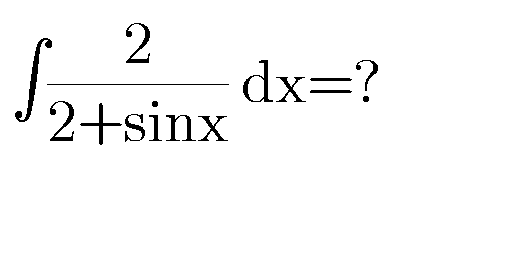
Question Number 77091 Answers: 0 Comments: 3
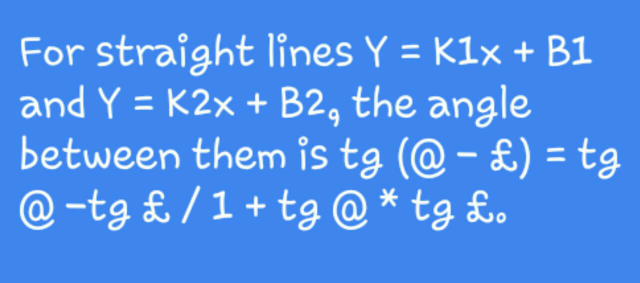
Question Number 77089 Answers: 0 Comments: 2
Question Number 77087 Answers: 1 Comments: 1
Question Number 77086 Answers: 1 Comments: 2
$$\int_{\mathrm{0}} ^{\mathrm{1}} {xtan}^{−\mathrm{1}} {xdx} \\ $$$$ \\ $$
Question Number 77067 Answers: 1 Comments: 2

Question Number 77066 Answers: 0 Comments: 5

Question Number 77057 Answers: 1 Comments: 2
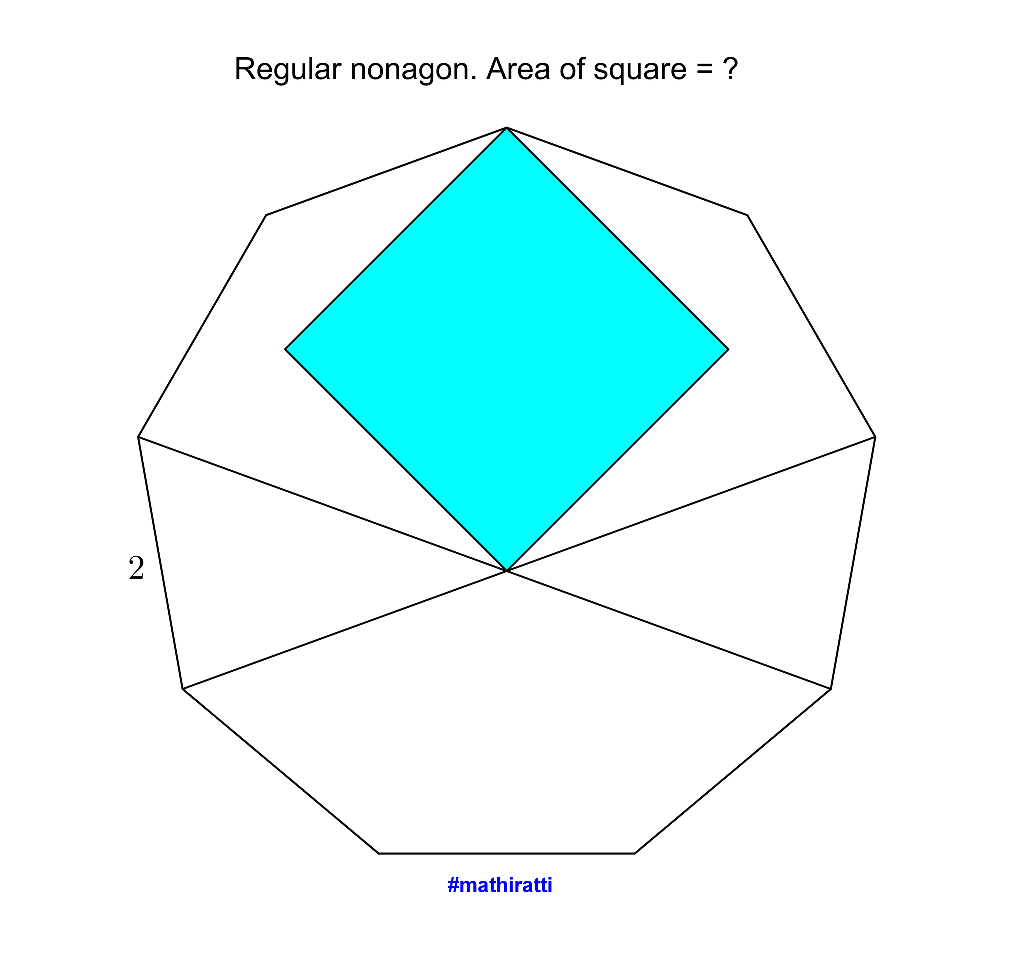
Question Number 77046 Answers: 1 Comments: 0
$${x}={R}^{\mathrm{2}} \sqrt{\mathrm{1}−\frac{{t}^{\mathrm{2}} }{{R}^{\mathrm{2}} }}\: \\ $$
Question Number 77041 Answers: 2 Comments: 0
Question Number 77036 Answers: 0 Comments: 12

Question Number 77035 Answers: 1 Comments: 0
Question Number 77033 Answers: 0 Comments: 1
Question Number 77028 Answers: 1 Comments: 0

Question Number 77027 Answers: 1 Comments: 0
Question Number 77026 Answers: 2 Comments: 2

Question Number 77024 Answers: 1 Comments: 0
Question Number 77015 Answers: 0 Comments: 1

Question Number 77014 Answers: 0 Comments: 3
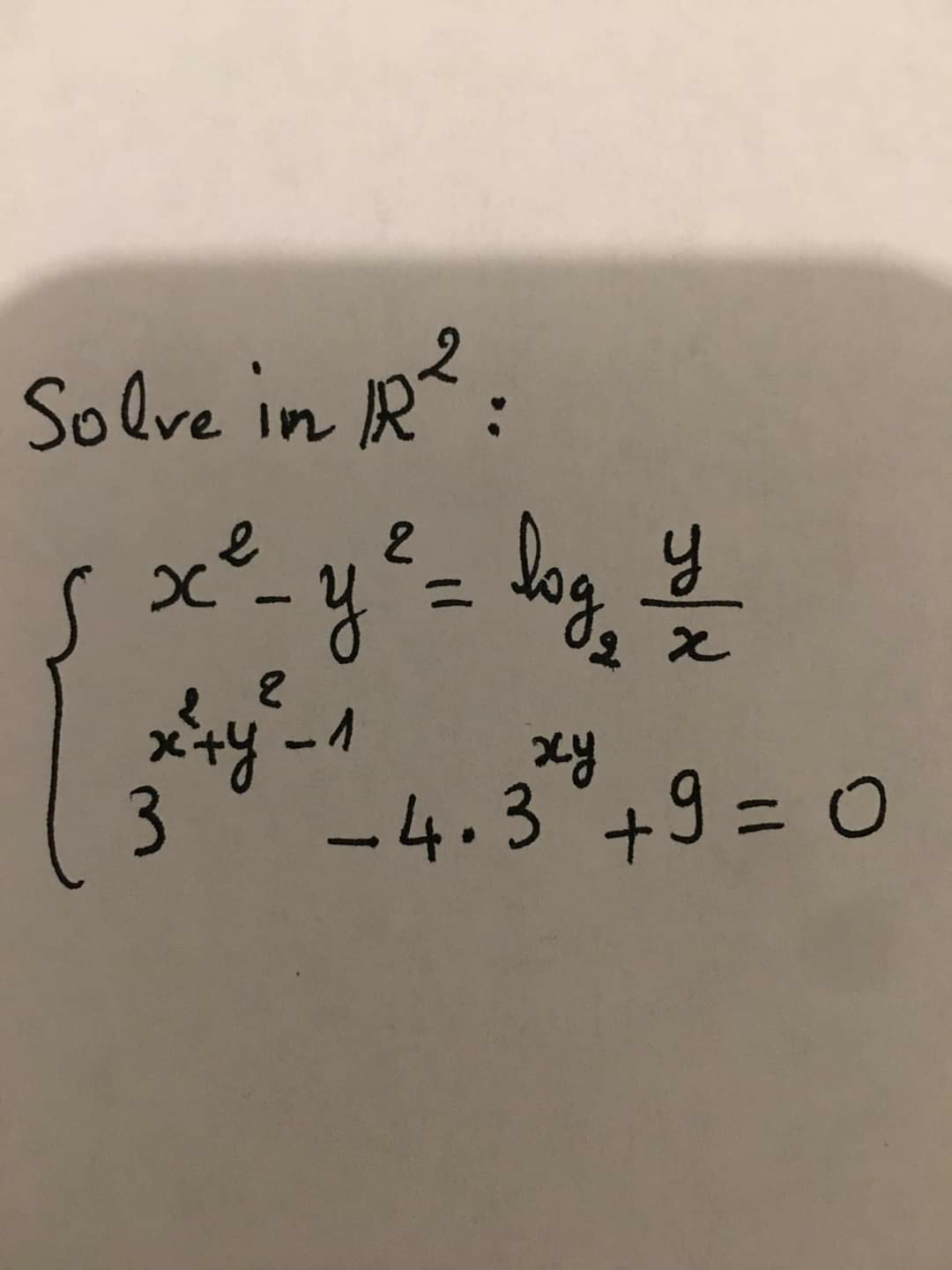
Question Number 77009 Answers: 0 Comments: 4
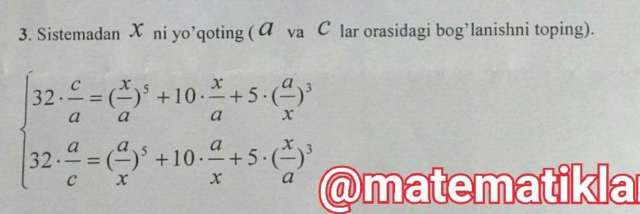
Question Number 77002 Answers: 2 Comments: 2
Question Number 77001 Answers: 1 Comments: 0
Question Number 77000 Answers: 1 Comments: 1
Question Number 76995 Answers: 0 Comments: 0

Question Number 76991 Answers: 1 Comments: 1

Pg 1362 Pg 1363 Pg 1364 Pg 1365 Pg 1366 Pg 1367 Pg 1368 Pg 1369 Pg 1370 Pg 1371
